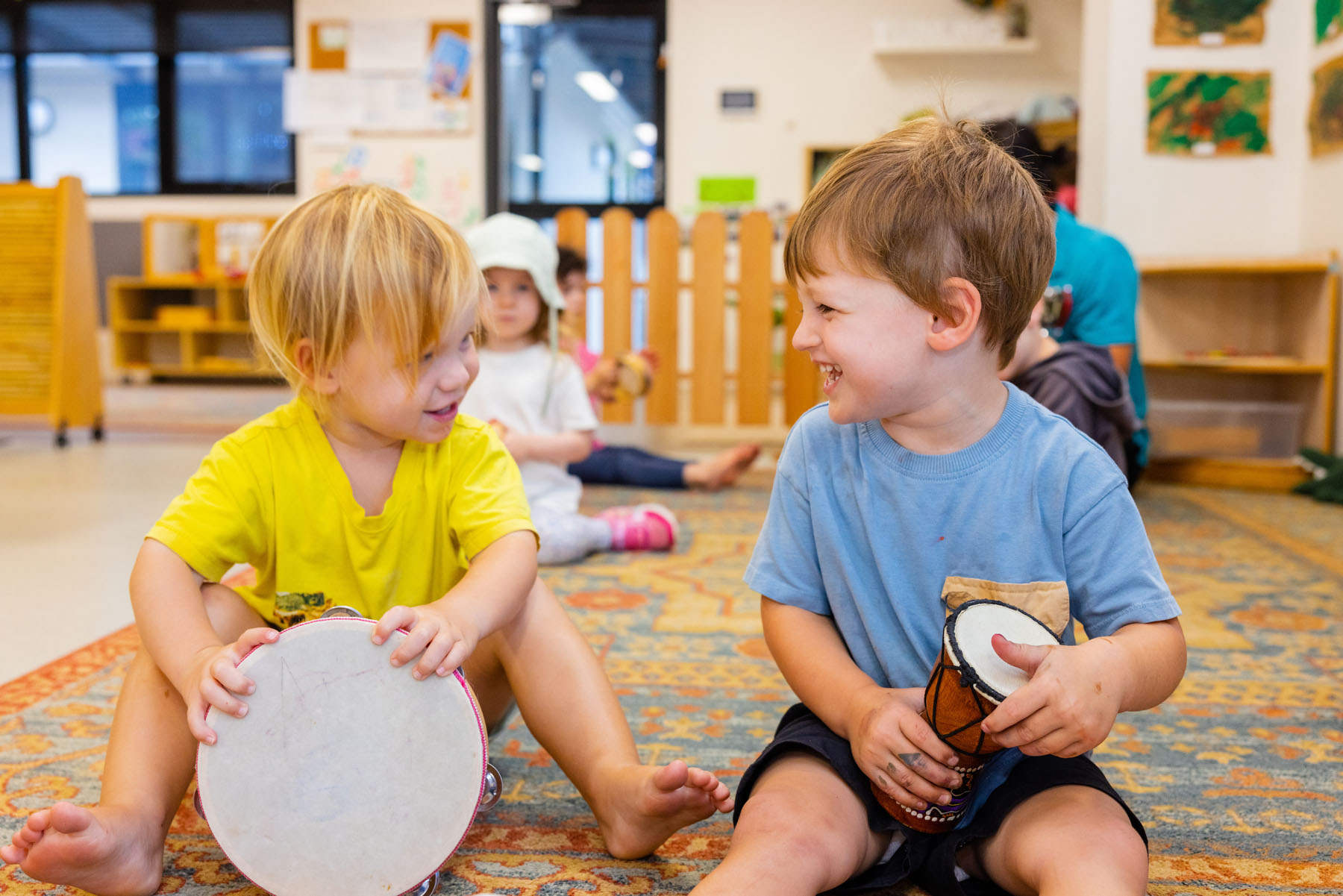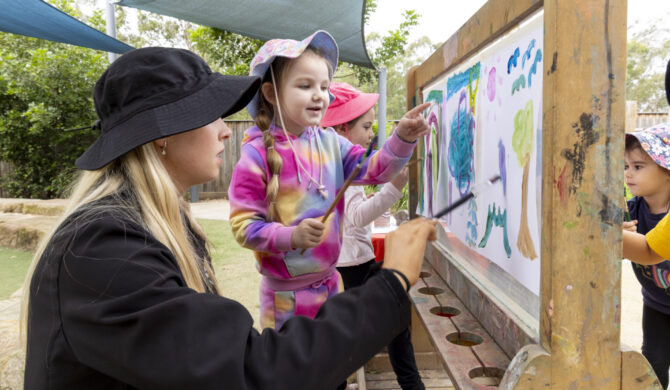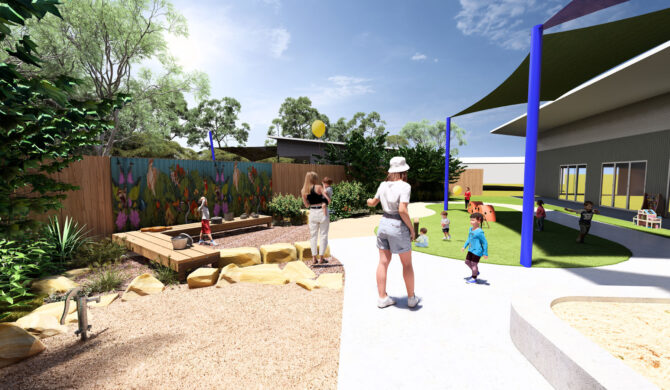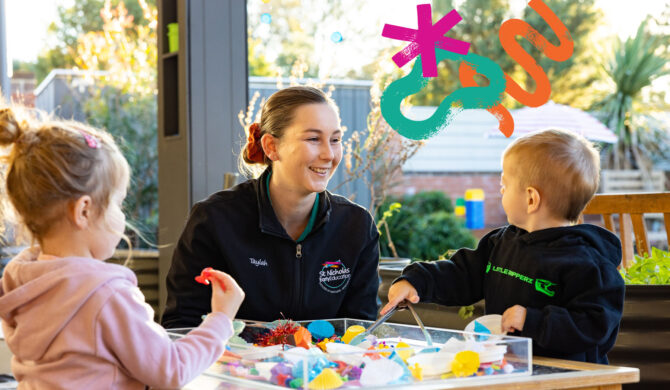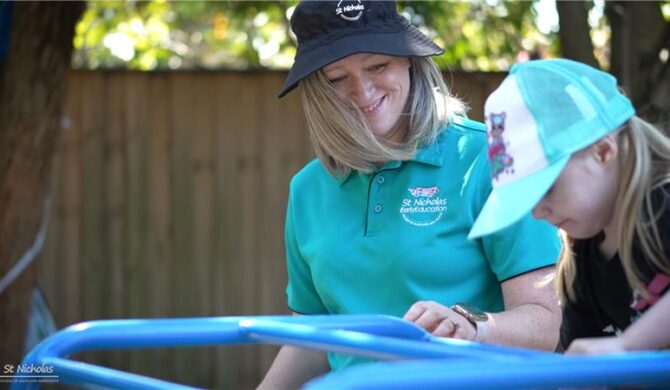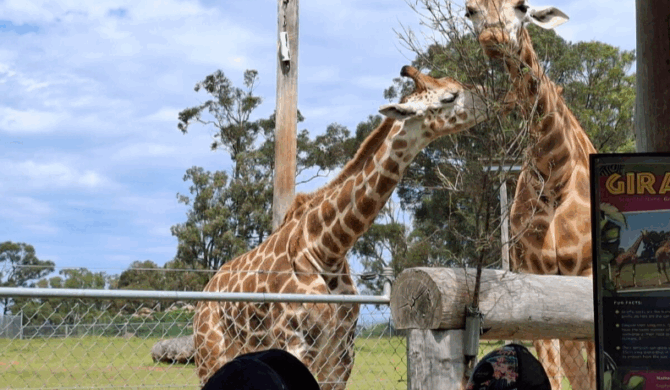Play is a vital component of a child’s growth and development, targeting key learning aspects. From cognitive function to social, emotional, and physical development, play is a multifaceted experience that helps children form their sense of self.
In the moment, play fosters critical thinking skills, creativity, and social interactions. These interactions enhance a child’s ability to question, explore, and seek more. Through play, children learn to navigate social dynamics, solve problems, and express themselves creatively.
From a broader perspective, play contributes to the development of fine and gross motor skills, language abilities, and much more. It lays the foundation for lifelong learning and well-being, supporting children as they grow into confident, capable individuals.
By embracing the power of play, we can ensure that children have the opportunity to thrive in all areas of their development. Let’s celebrate the importance of play and its profound impact on our children’s lives.
Ideas for parents
Here are some ideas for parents to consider when creating enriching and stimulating play environments to support their child/rens growth and development:
- Create a play-friendly environment: designate a safe and inviting space for play. Fill it with a variety of resources, books, and materials that encourage creativity and exploration.
- Incorporate play into daily routines: turn everyday activities into playful experiences. For example, make cooking a fun activity by letting your child help with simple tasks, or turn bath time into a splashy adventure.
- Provide open-ended resource: choose resources that can be used in multiple ways, such as building blocks, art supplies, and dress-up clothes as these stimulate imagination and creativity.
- Encourage outdoor play: spend time outside in nature. Activities like playing in the park, gardening, or going on nature walks can be both fun and educational.
- Join in the fun: play with your child! Whether it’s a board game, a puzzle, or a pretend play scenario, your involvement can make playtime more enjoyable and meaningful.
- Limit screen time: encourage more active and imaginative play by setting limits on screen time. Offer alternative activities that engage your child’s mind and body.
- Follow your child’s lead: let your child take the lead in play. Observe their interests and provide opportunities for them to explore those interests further.
- Encourage social play: arrange playdates with other children to help your child develop social skills and build friendships.
- Celebrate creativity: praise your child’s creativity and efforts during play. This positive reinforcement can boost their confidence and encourage them to keep exploring.
- Introduce new experiences: regularly introduce new activities and experiences to keep playtime fresh and exciting. This could be anything from a new craft project to a visit to a local museum.
Collaborate with your child’s educators
St Nicholas Early Education’s team of educators partners with families to echo the home setting within the early education setting. Through regular communication with families, educators share the play settings, resources and interests of each child. Ensure to share with your child’s educators what your child is loving in their play so that they can continue exploring this whilst at St Nicholas Early Education.


